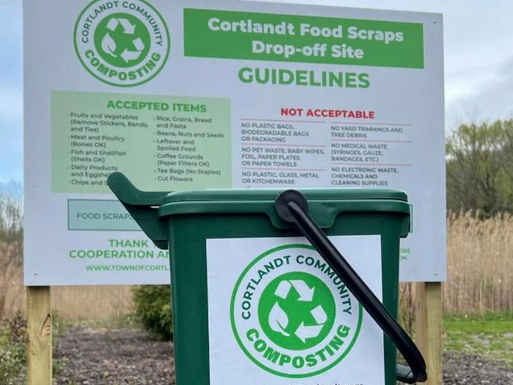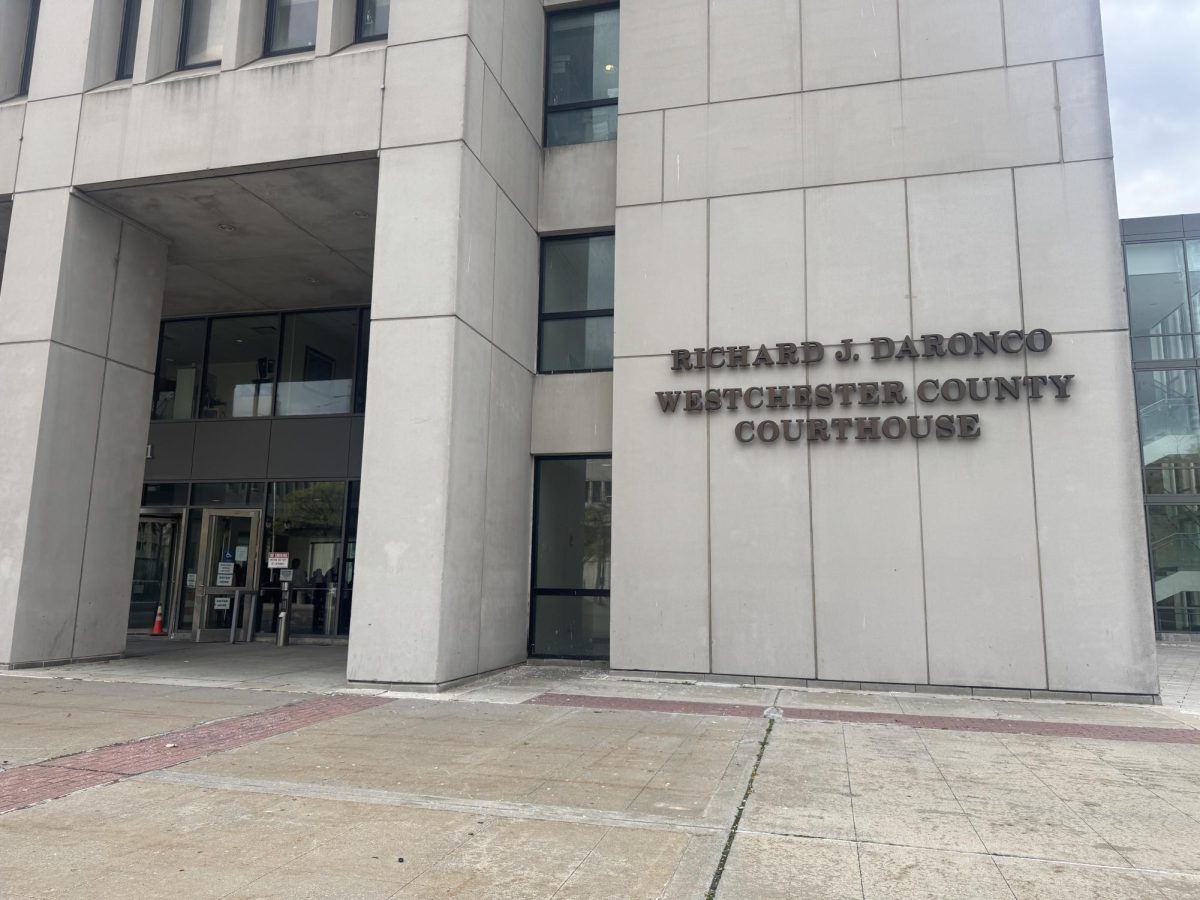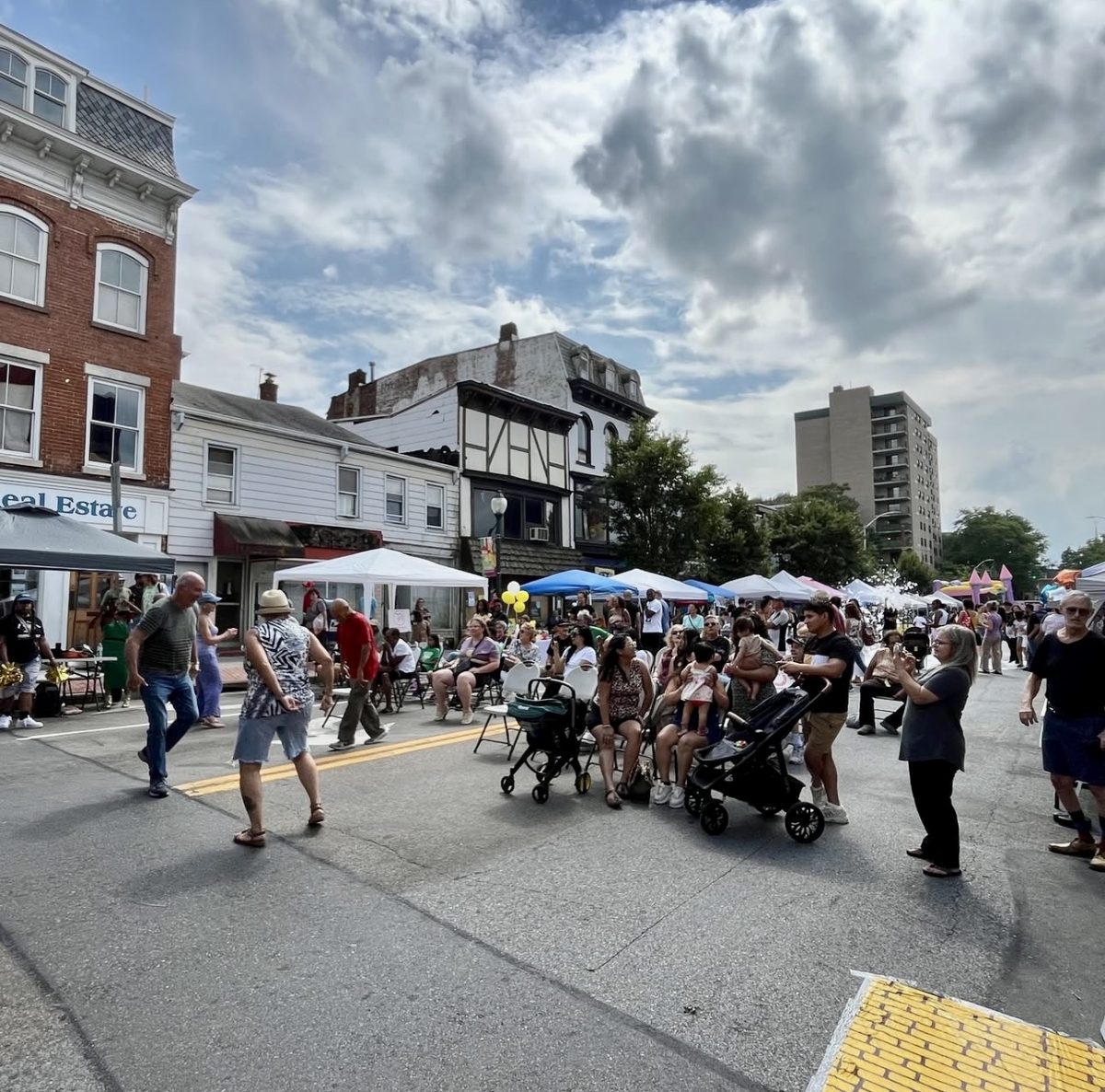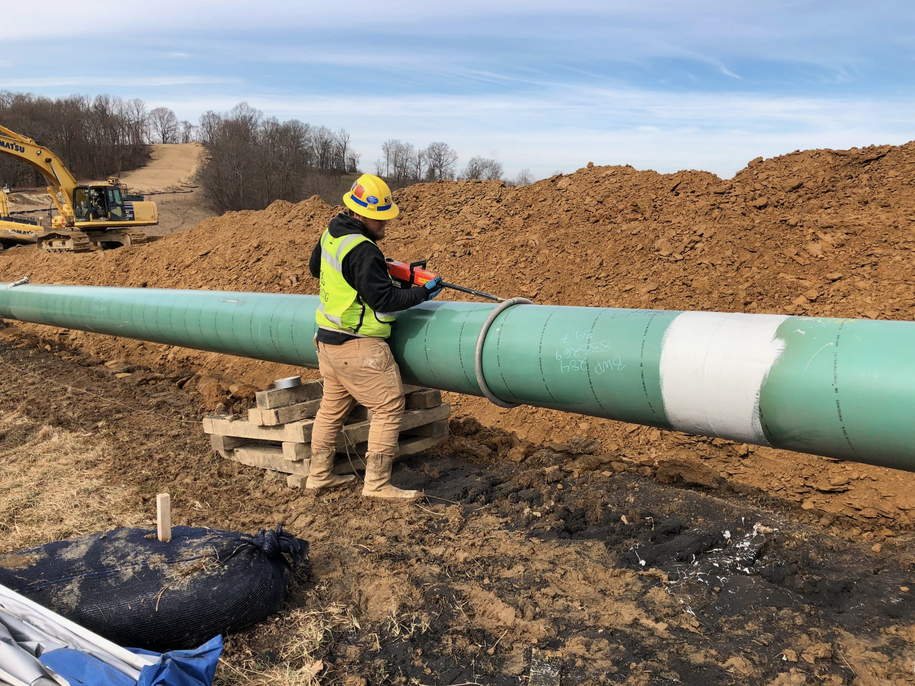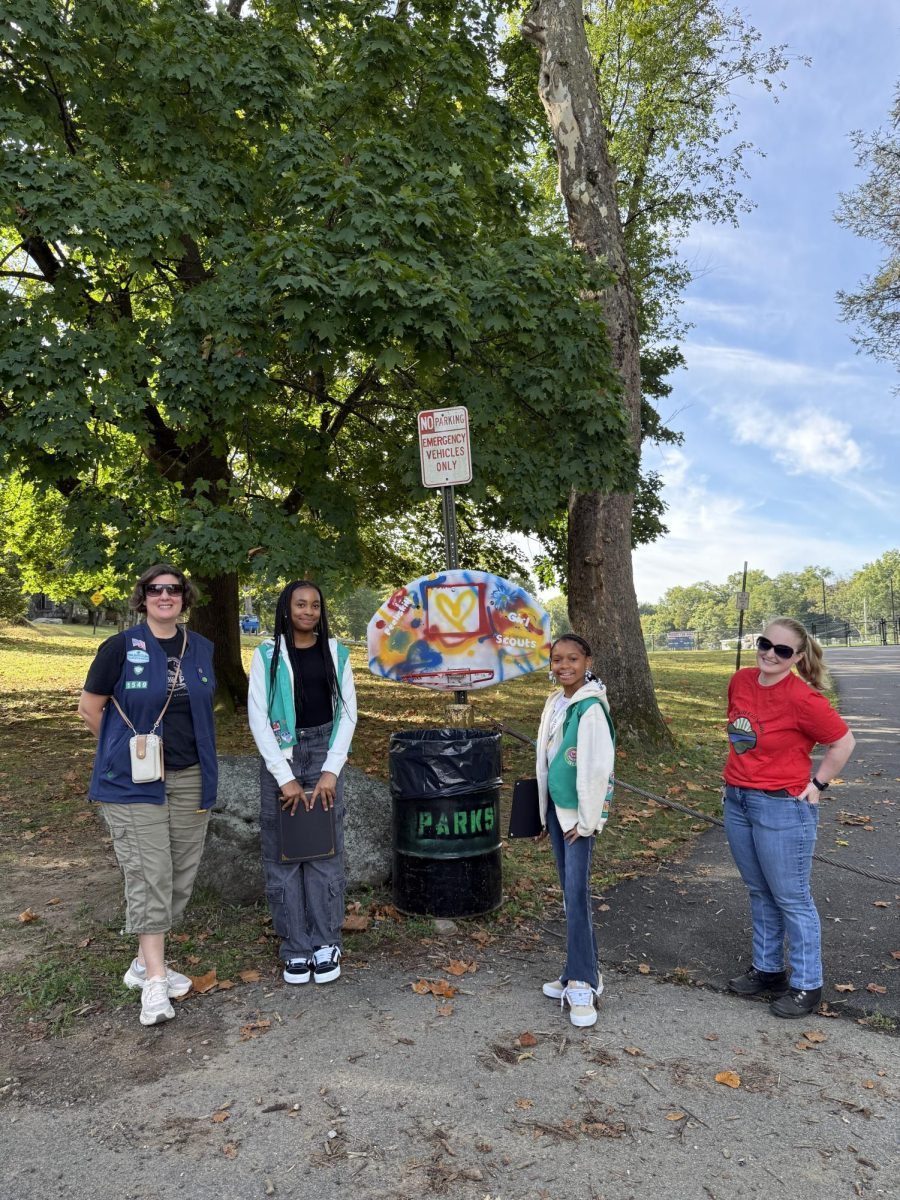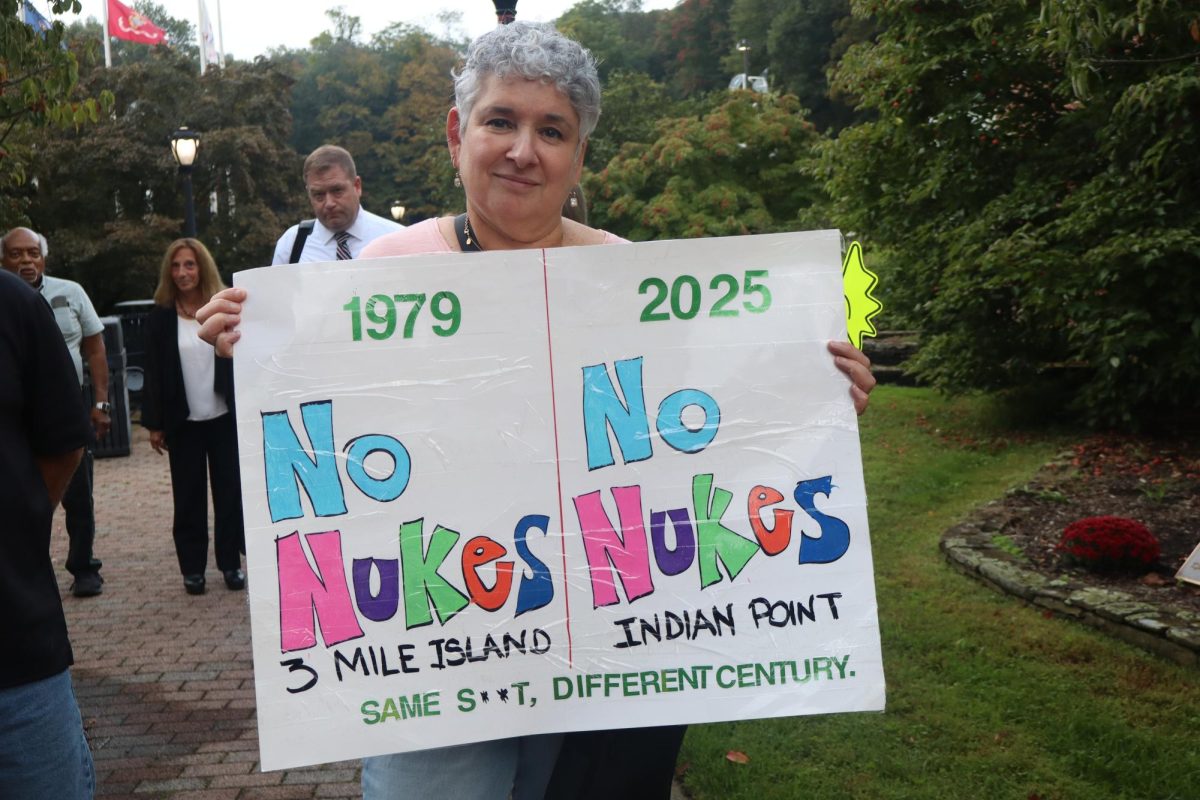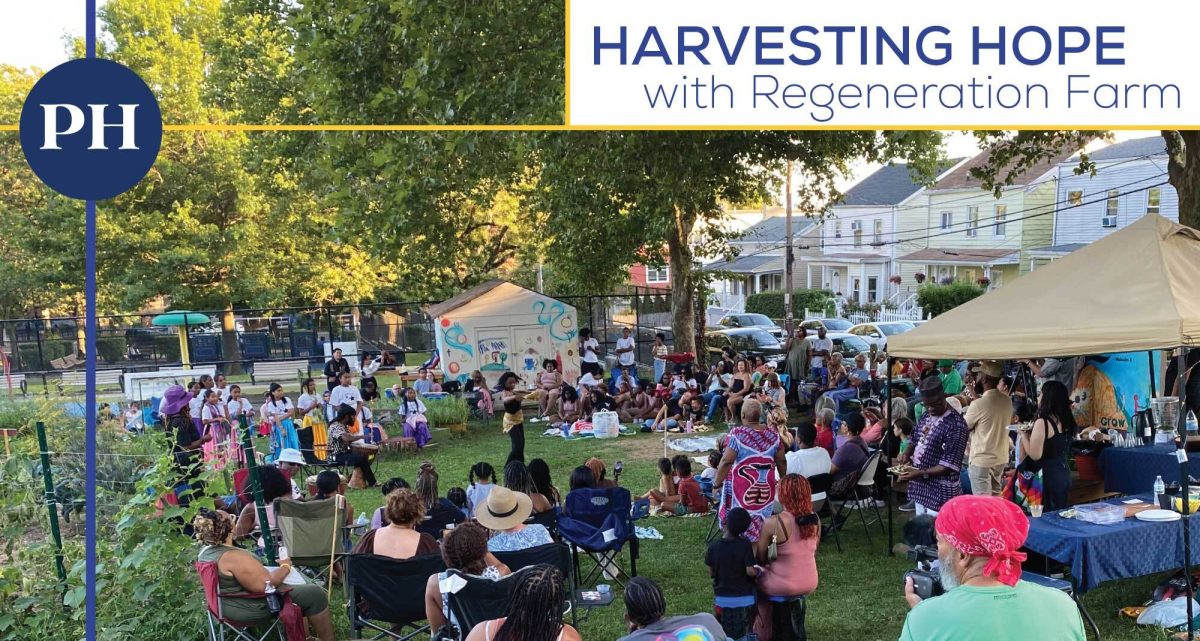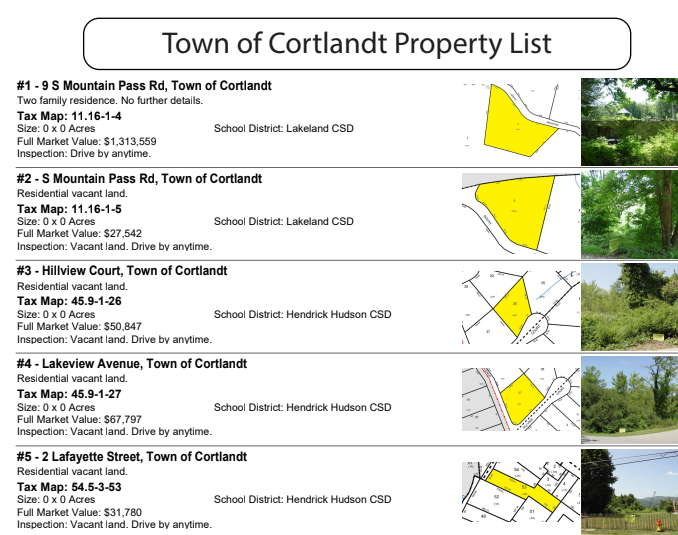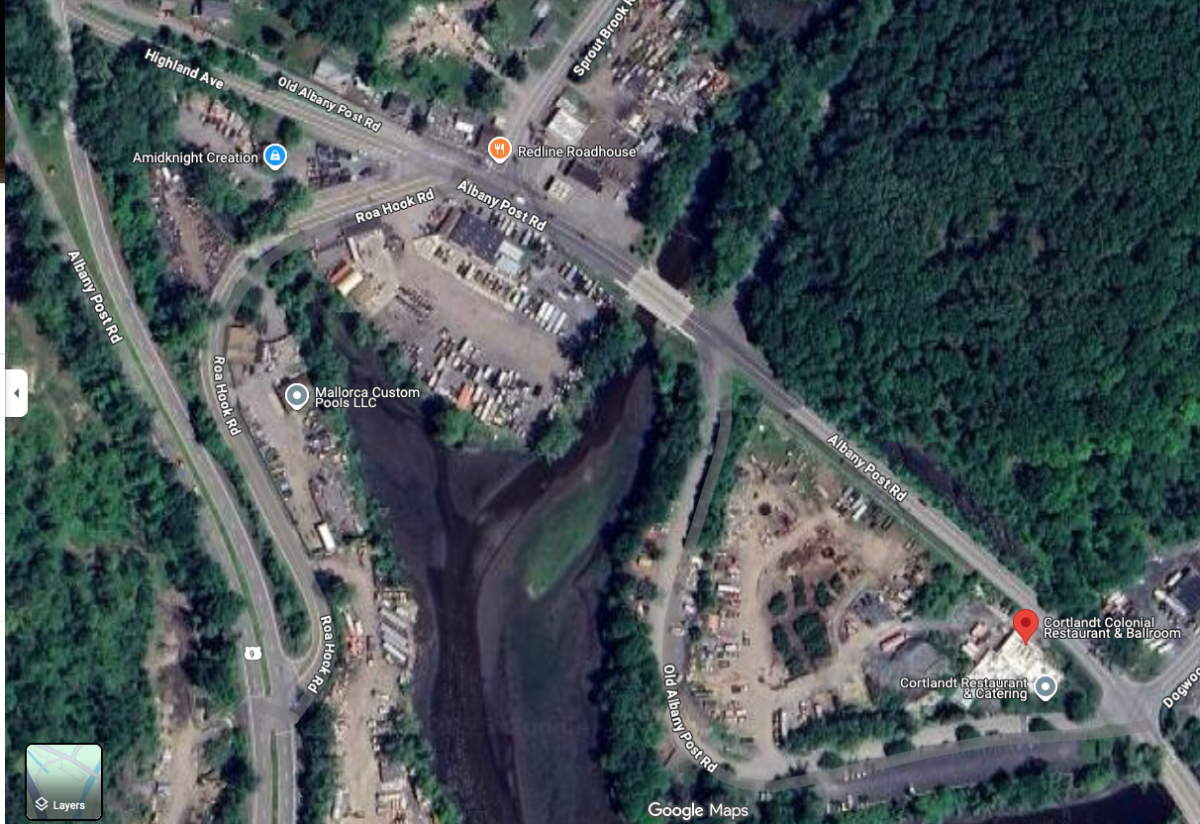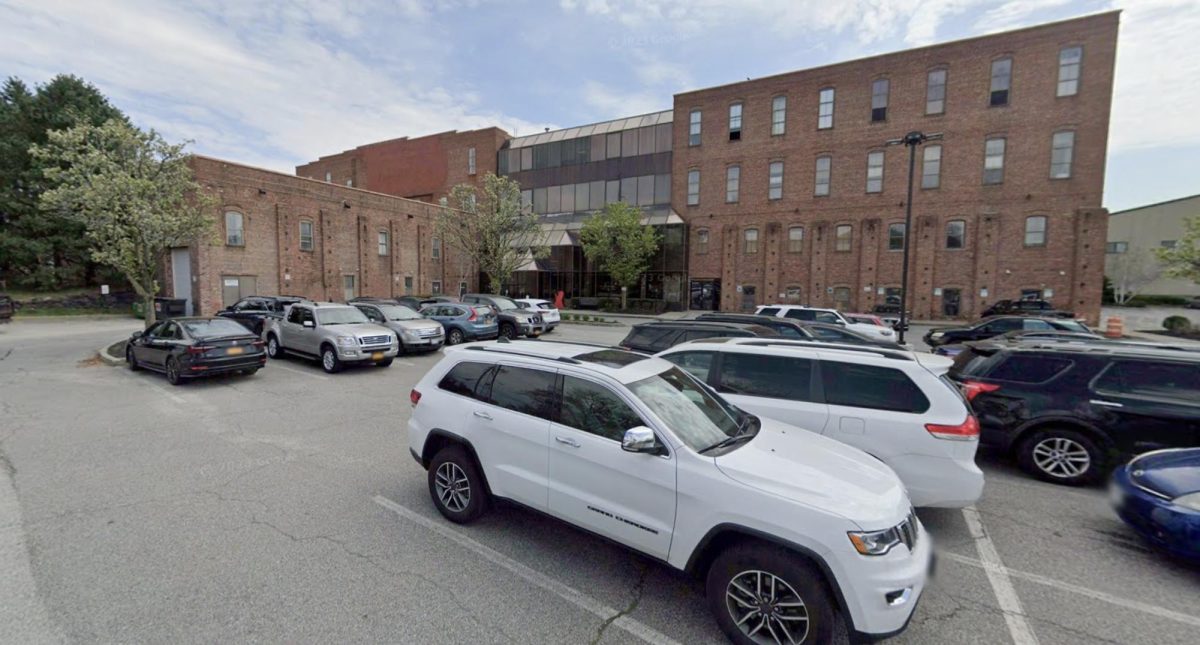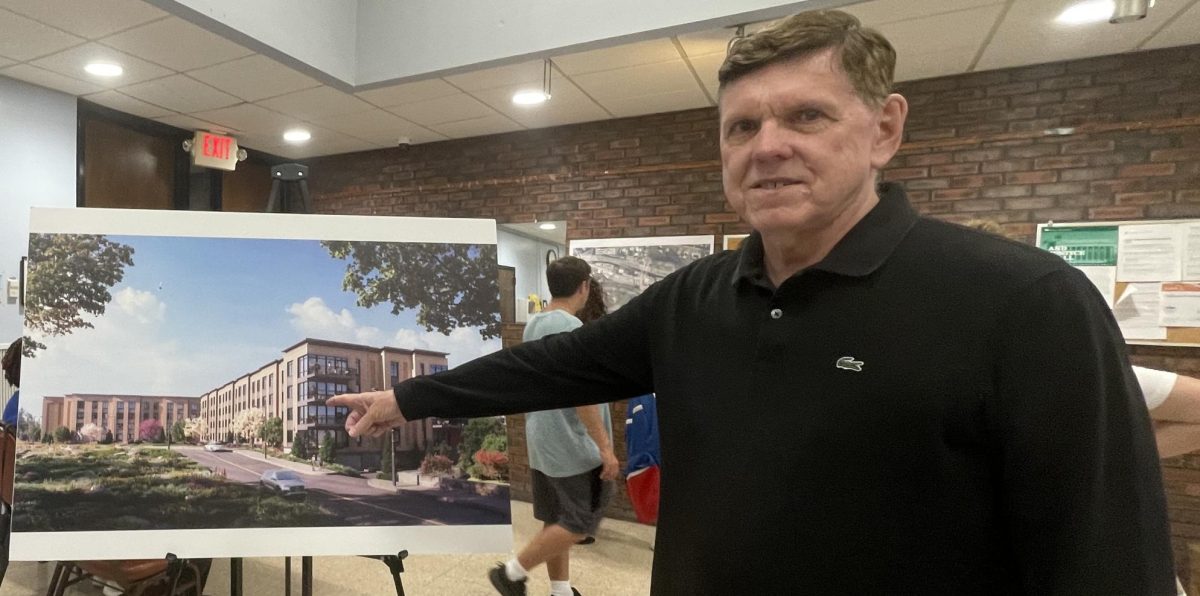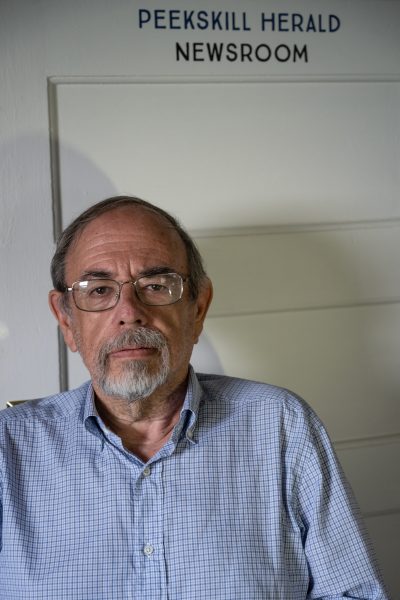A sometimes-heated debate at the July 15 Cortlandt Town Board meeting ended with a decision not to make a decision about a proposed town-wide curbside composting program.
Whether the town ultimately accepts a $300,000 state grant arranged through state senator Pete Harckham to buy an electric garbage truck remains an open question as the town board goes back to their drawing board.
Town Supervisor Dr. Richard Becker worked with state Senator Harckham’s office to create the $300,000 grant to pay for a majority of the cost of the $450,000 electric garbage truck. That truck would be dedicated to picking up food scraps from individual houses throughout the 40-square-mile town on a scheduled basis, just like recyclables are collected now.
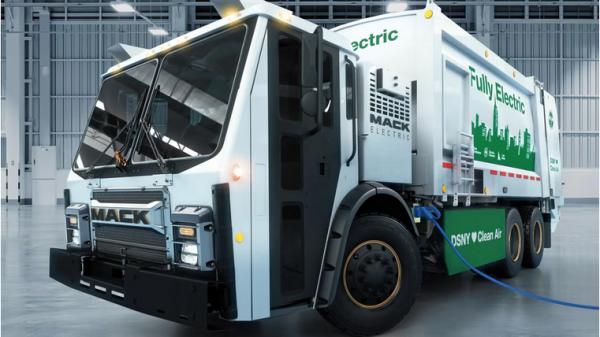
Cortlandt currently has a composting program that invites residents to drop off their food scraps at two locations. In the past year or so since the program started approximately 28 tons of food waste has been dropped off at the sites. Over the course of an average year the town picks up 13,921 tons of overall household garbage on a weekly schedule.
Dr. Becker explained at the July 15 meeting that the town pays a charge, known as a tipping fee, of $35 per ton to transport garbage to the incinerator plant at Charles Point in Peekskill. The tipping fee for shipping food scraps to a site where it is turned to compost is $18 per ton.
So while the cost savings might not be significant, Dr. Becker explained that a town-wide curbside pickup of composting using an electric garbage truck would be another environmentally-friendly step by Cortlandt to reduce pollution and cut down the amount of garbage incinerated.
Food is the single largest component taking up space inside US landfills, making up 24 percent of municipal solid waste (MSW), making it the largest component of garbage by weight according to the U.S. Environmental Protection Agency. Enhanced food waste recycling reduces landfill usage, minimizes greenhouse gas emissions, decreases pollution, and promotes the conservation of resources and biodiversity.
Deputy Town Supervisor James Creighton spoke in support of the compost plan. “This is not about saving money, it’s not about a business plan. This is the right thing to do,” Creigton said.
After the town board held their debate, but before the board voted, members of the audience spoke overwhelmingly in favor of the proposed town resolution to accept the state grant and start a pilot program.
“I am a huge proponent of sustainability and I truly believe we have to make it as easy as possible for people to do the right thing,” said state Assemblywoman Dana Levenberg. “We know that this is the right thing to do.”
Levenberg secured an offer of $30,000 in state funds to buy 1,000 curbside compost bins for Cortlandt.
A fly in the compost plan ointment
Dr. Becker started the discussion on the resolution, which would authorize the town to accept the state grants and start a composting pilot program on Aug. 1.
Right off the bat, the two vocal opponents made their case.
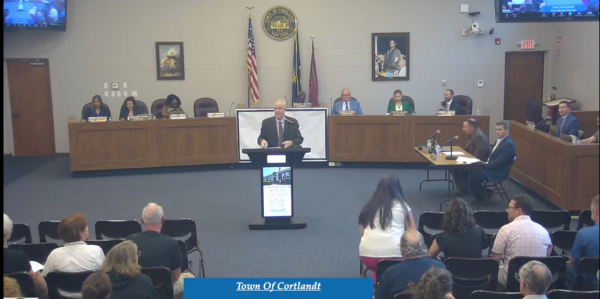
“It is a good thing, we all agree, to turn food scraps into compost. That is not the question,” said Councilman Robert Mayes. “The question is whether a curbside pickup program is the most efficient and effective way to do this in Cortlandt.”
Mayes said if the curbside program increased composting in Cortlandt by twenty times the current amount, the town would only save $20,000 annually in tipping fees. Although Dr. Becker quoted the town’s former comptroller as reporting the program would be budget neutral, Mayes responded that there would be costs.
A crew that picks up garbage now would have to be taken off that duty to do the compost runs. Without a capability to do regular maintenance or repairs to the electric trunk in-house, the vehicle would have to be shipped to Long Island at an added expense. If the program were to expand, the added cost of another truck and more workers would be a burden on taxpayers.
“It’s not fiscally responsible, it’s not practical and it’s just not the right thing for our community,” Mayes said. “The most green thing you can do is compost at home,” he said citing the large lot sizes of many homes in Cortlandt. Supporting Mayes, Councilwoman Cristin Jacoby echoed his concerns. “People say ‘it’s free money from a grant, it’ll help the environment, it’s a no-brainer. “It’s only a no-brainer if you’re purposefully electing to not use your brain. I don’t want us to spend money we don’t have.”
Calling herself incredibly pro-composting, Jacoby said if she thought a town-wide curbside pickup program of food scraps would improve air quality she would vote yes. “It does not,” she said. “Anyone who says this will have a marked impact on air quality is lying to you. It is awkward to be up here telling you the truth.”
According to Jacoby the town now runs eight sanitation trucks making 4,500 stops with three men on a truck to pick up general household garbage. “We are using 700 man hours per week currently, so if we can’t afford to stop at every house to pick up food scraps, then why do a pilot program?”
Mayes and Jacoby claimed they were not included from the beginning last year when the idea of a town-wide program was first proposed. Dr. Becker said the questions they raised during the process leading up to the vote were addressed.
The two opponents also cited concerns about the upcoming year’s budget and the need to curb new spending. “We can’t have any more expenditures only because they’re fun or provide a good photo op – I’m wary of spending even a single extra dollar we don’t have,” Jacoby said.
Supporters cite environmental benefits of composting
Deputy Supervisor Creighton said removing food scrap waste from the garbage stream – garbage that should not be burned in an incinerator – will serve a good purpose. “The money saved will be modest but this is not about saving money.”
Creighton said he believes Westchester County will mandate food scrap collection for composting in less than five years. By accepting the state grant money to pay for a majority of the electric truck cost, the town will save money, and, if the composting pilot program is not successful, the town will have a garbage truck that can be used for other pickups.
Addressing the two opponents of the resolution, he said “I’m living in Bizarro world that we’re having this argument right now.”
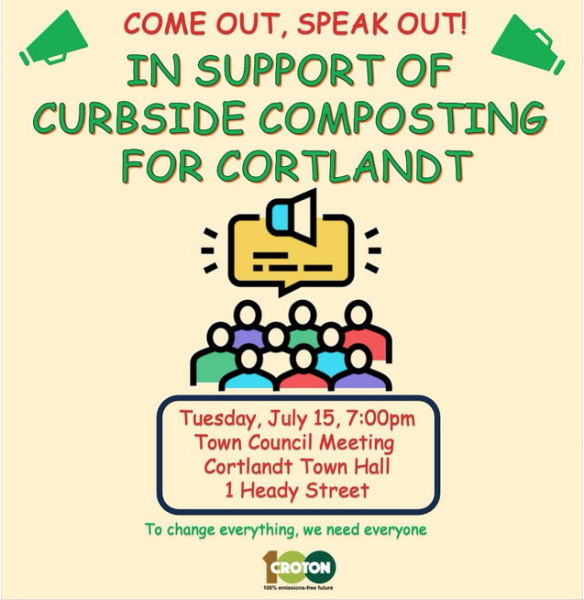
With the stage set for a vote that seemed to be headed for two for and two against, the fifth board member, Joyce White, spoke during the debate. “We all want this program, but we have to do it smartly,” White said.
Confirming that discussions regarding the composting had been ongoing for at least six months, White said no studies have been conducted nor a pilot program fleshed out. “We do not have a plan for the composting program and we cannot afford to go unsurely.”
A vote turns into a punt
Three and a half hours after it began, the Cortlandt Town Board’s final decision on whether to accept the state grant money and roll out curbside compost pickup came to a climax with a vote.
With Dr. Becker and Creighton a yes, and Mayes and Jacoby voting no, all eyes turned to White. And to everyone’s apparent surprise, she abstained and offered a substitute resolution.
Town Attorney Thomas Wood explained that with the 2-2 vote and one abstention, the agenda resolution was defeated. Wood said the board could consider accepting a replacement offered by White that would take the grant money to buy the truck but substitute a study by a consultant rather than starting a pilot program lacking a cost and feasibility analysis.
After some discussion of that idea, a decision was made to go back to square one and see if the five town board members could take another stab at a proposal acceptable to all.
Expressing the possibility that the Harckham grant money might not still be available in the future, Dr. Becker summed up the evening. “We’re not accepting or rejecting the grant, we’re just punting on it.”




